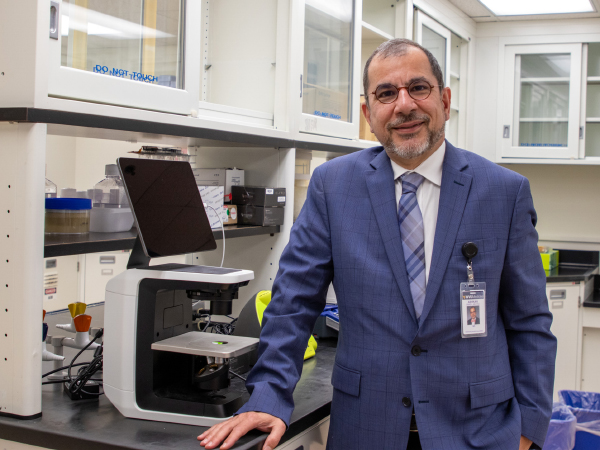James Allison has reshaped cancer drug development, making checkpoint inhibitors a staple of therapy in many key indications—and dramatically improving survival outcomes in previously recalcitrant diseases.
Allison shared the 2018 Nobel Prize in Physiology or Medicine for his fundamental discoveries in T cell biology and his invention of ipilimumab, the first immune checkpoint inhibitor to treat cancer (The Cancer Letter, Oct. 5, 2018).
This innovation was so important that it has taken on a life of its own, spawning hundreds of trials, often of “me-too” compounds advanced by drug manufacturers vying to get duplicative versions of checkpoint inhibitors in efforts to gain a foothold in the immunotherapy market.
Now, Allison and colleagues at MD Anderson Cancer Center are trying to focus the scientific agenda, tackling the fundamental questions—starting with why do some patients benefit while others do not—and conducting studies that would result in expansion of knowledge about this class of drugs.
If your institution has a site license, log in with IP-login or register for a sponsored account.*
*Not all site licenses are enrolled in sponsored accounts.
Login Subscribe










